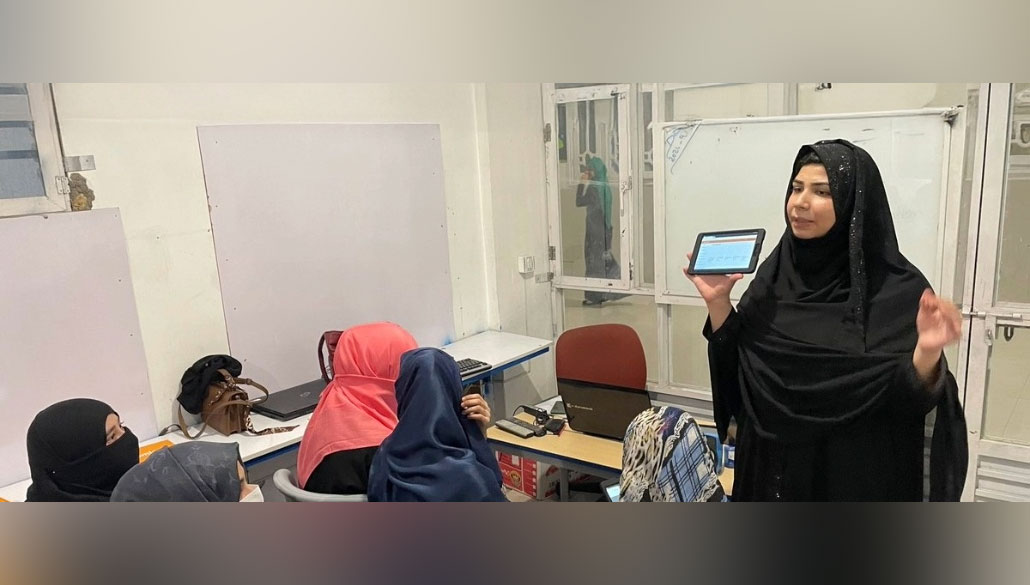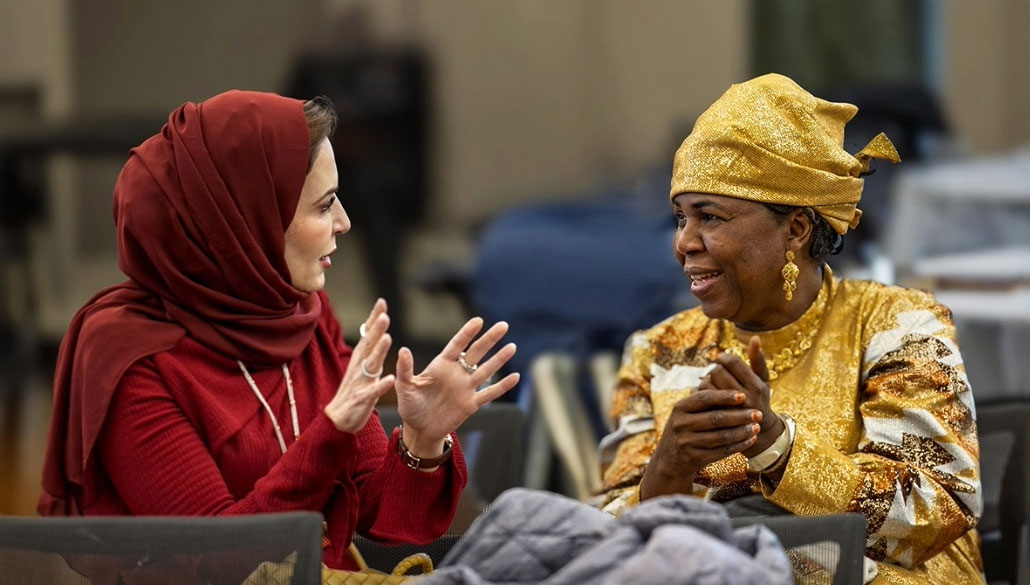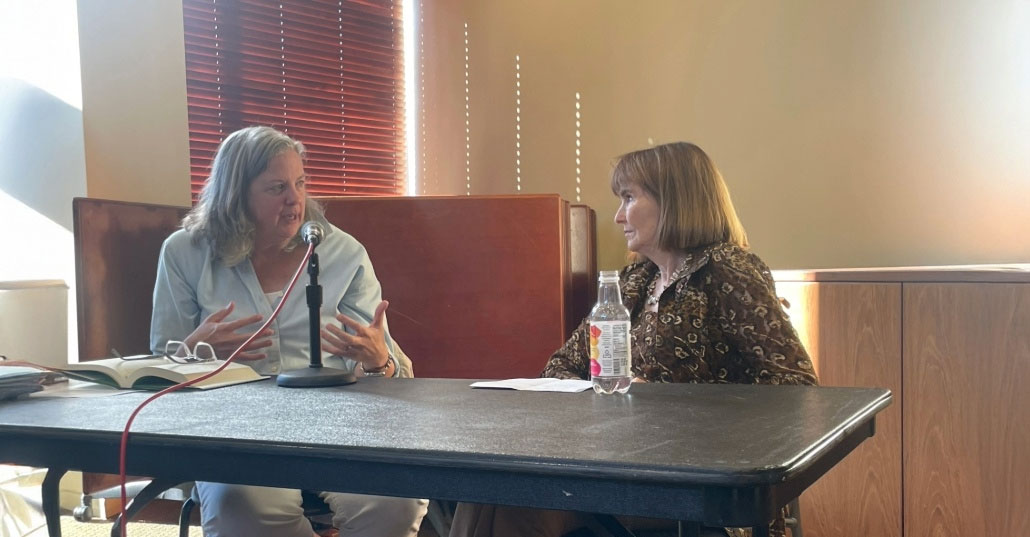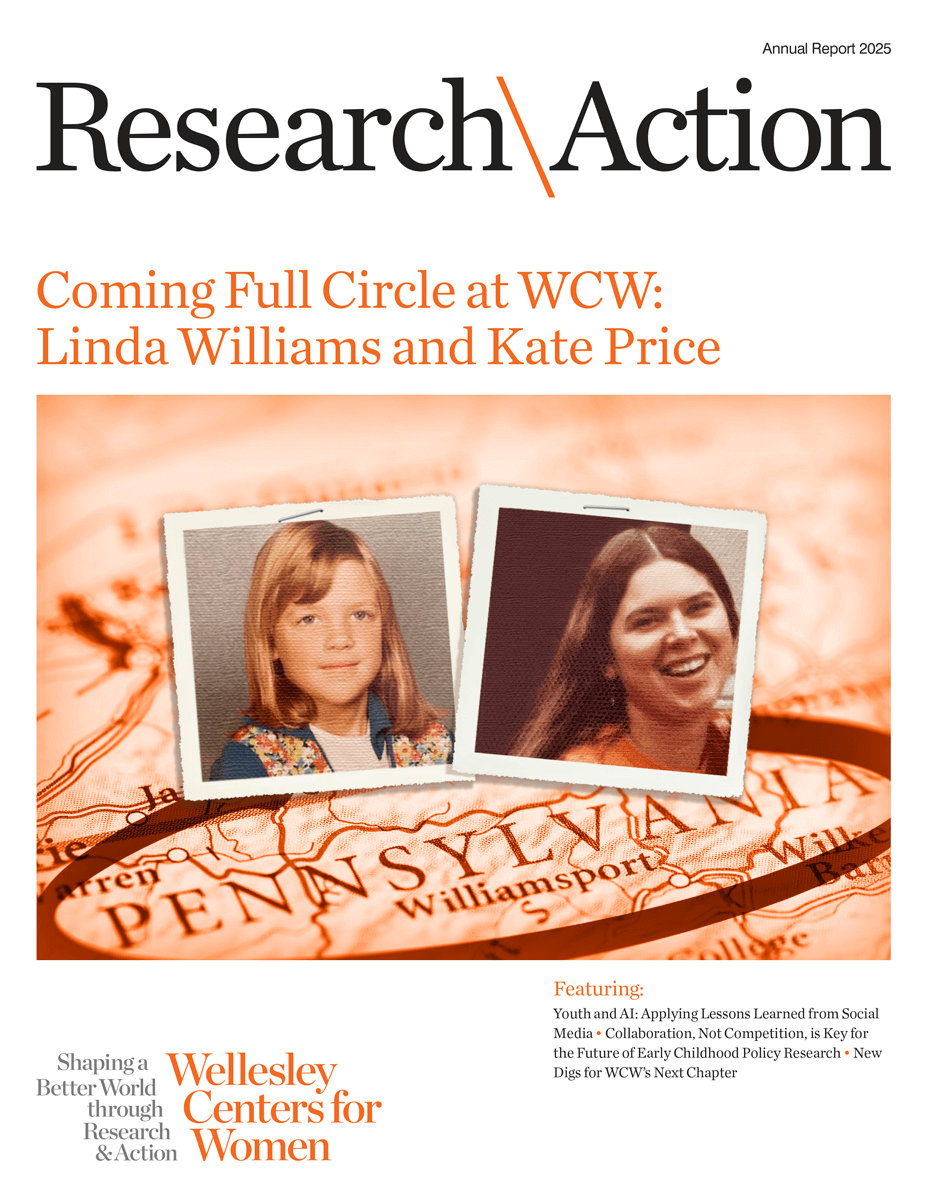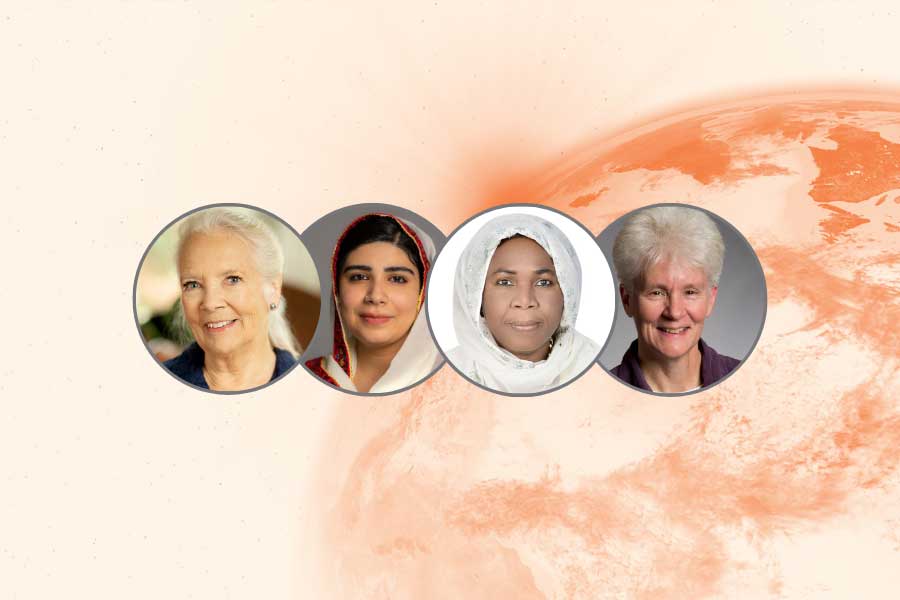Research & Action Report Spring/Summer 2003
Joan Kaufman opened the WCW spring luncheon seminar series with “Bringing Cairo to Beijing: The Global Women‘s Movement, Reproductive Rights and the Chinese Family-Planning Program.” Formerly the Ford Foundation program officer for the Gender and Reproductive Health Program in China, Kaufman is currently a special consultant on global issues at WCW. Focusing on the recent history of China’s emerging women’s movement, Kaufman highlighted the influence of two major international conferences, the 1994 International Conference on Population and Development in Cairo and the 1995 Fourth World Conference on Women in Beijing, on the rethinking and reform of China’s population and family-planning policy. Both conferences addressed the tension between national population-control programs and the reproductive rights of individuals, and both espoused a position affirming the primacy of rights protection and women’s social and economic empowerment. The Fourth World Conference on Women was a catalytic event for many women in China who were exposed to the international women’s movement for the first time and, as a result, began to address the negative impacts on women of China’s population program.
Joan Kaufman opened the WCW spring luncheon seminar series with “Bringing Cairo to Beijing: The Global Women‘s Movement, Reproductive Rights and the Chinese Family-Planning Program.” Formerly the Ford Foundation program officer for the Gender and Reproductive Health Program in China, Kaufman is currently a special consultant on global issues at WCW. Focusing on the recent history of China’s emerging women’s movement, Kaufman highlighted the influence of two major international conferences, the 1994 International Conference on Population and Development in Cairo and the 1995 Fourth World Conference on Women in Beijing, on the rethinking and reform of China’s population and family-planning policy. Both conferences addressed the tension between national population-control programs and the reproductive rights of individuals, and both espoused a position affirming the primacy of rights protection and women’s social and economic empowerment. The Fourth World Conference on Women was a catalytic event for many women in China who were exposed to the international women’s movement for the first time and, as a result, began to address the negative impacts on women of China’s population program.

